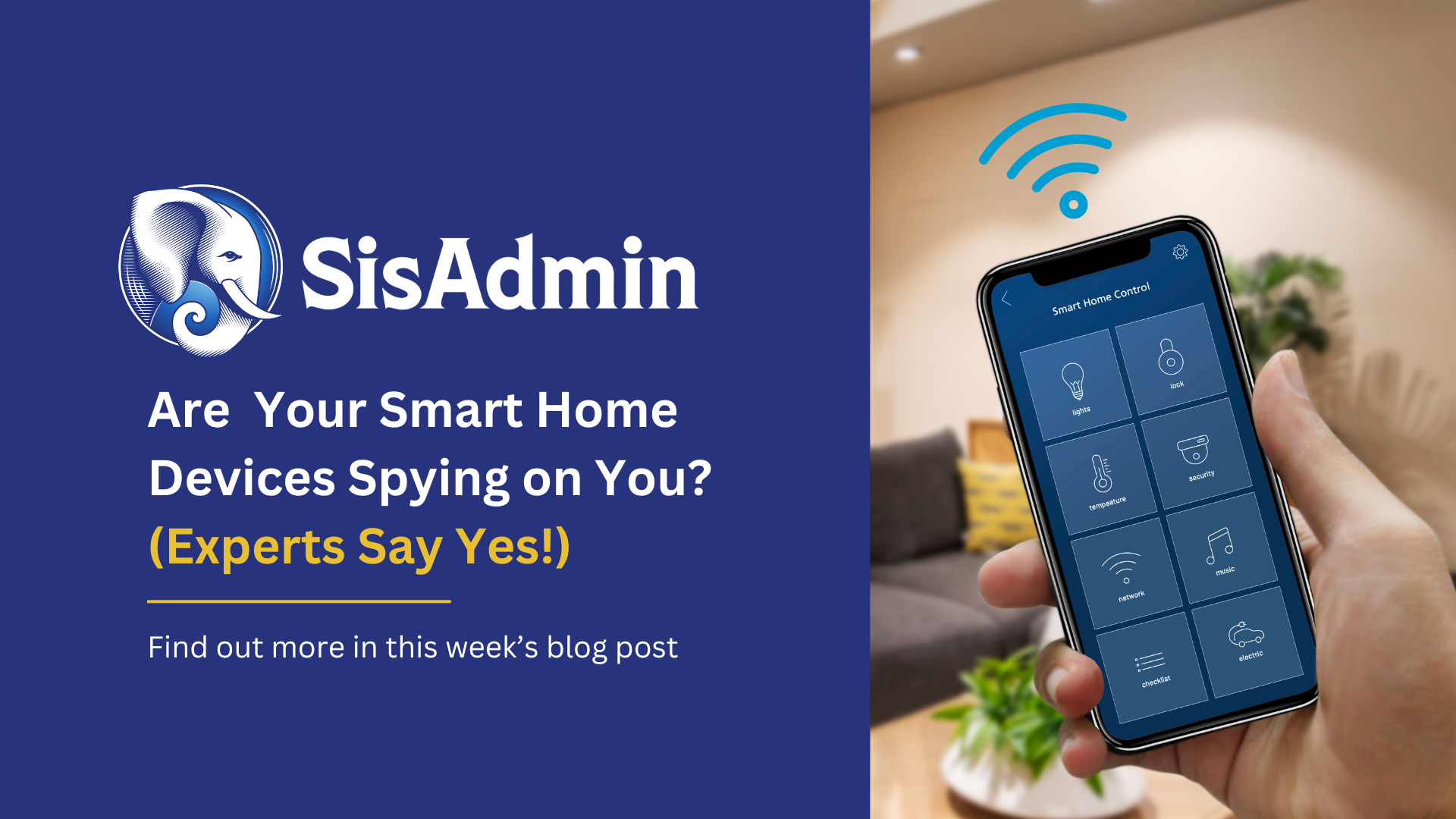Are Your Smart Home Devices Spying on You? (Experts Say Yes!)
In the contemporary landscape of modern living, the incorporation of smart home devices has become almost synonymous with convenience, efficiency, and enhanced connectivity. However, recent scrutiny has brought to light potential privacy concerns associated with these seemingly indispensable gadgets.
As we readily welcome smart home devices into our living spaces, it's imperative to acknowledge and examine their privacy implications. While these devices promise to elevate our homes to new levels of intelligence and responsiveness, a recent study by consumer advocate group Which? has shed light on a disconcerting aspect: the potential for surveillance by our very own smart gadgets.
From voice-activated assistants to connected cameras and thermostats, smart home devices have seamlessly integrated themselves into our daily routines. Yet, the Which? study raises pertinent questions about the extent to which these devices may be intruding into our private spheres. This investigation delved into the data practices of prominent smart home devices, including those offered by industry giants like Google and Amazon, revealing a landscape where the boundaries between convenience and surveillance blur ominously.
The study uncovered several alarming revelations regarding popular smart home devices, ranging from smart TVs to doorbell cameras and thermostats. Among these findings, one particularly concerning trend was the widespread sharing of user data with third-party entities, often without the explicit consent or awareness of users. This data exchange raises significant questions about the protection of personal information and the level of transparency provided by manufacturers regarding their data practices.
Furthermore, voice-activated devices such as Alexa were found to be particularly susceptible to potential eavesdropping, with instances of unintentional audio recordings and transmissions posing significant privacy risks. The lack of transparency surrounding data collection, storage, and sharing practices only exacerbates these concerns, leaving consumers vulnerable to privacy breaches and unauthorized access to sensitive information.
In addition to privacy concerns, the study also highlighted security vulnerabilities in certain smart home devices, underscoring the importance of robust security measures to safeguard against cyber threats and ensure the integrity of smart home ecosystems.
In light of these findings, it's crucial for consumers to navigate the smart home landscape with caution and vigilance. To mitigate privacy risks and enhance security, consider the following measures:
- Thoroughly research the privacy policies of smart home devices before making a purchase, paying close attention to data collection, sharing practices, and security measures.
- Optimize privacy settings to customize preferences and disable unnecessary data-sharing features.
- Regularly update firmware to address security vulnerabilities and enhance device performance.
- Use strong, unique passwords for each smart home device and strengthen home network security to prevent unauthorized access.
- Explore offline alternatives for certain smart home functionalities to reduce the potential for data exposure.
- Consider limiting or disabling voice-activated features if privacy is a primary concern.
- Periodically audit connected devices to remove unused or insecure devices and maintain a lean and secure smart home ecosystem.
In conclusion, while the integration of smart home devices offers undeniable benefits, it's essential to remain mindful of the potential privacy risks and take proactive steps to safeguard personal information and ensure a secure smart home environment. For those seeking expert guidance in assessing and fortifying their smart home security, scheduling a comprehensive security review can provide invaluable insights and peace of mind in an era of increasing connectivity.



